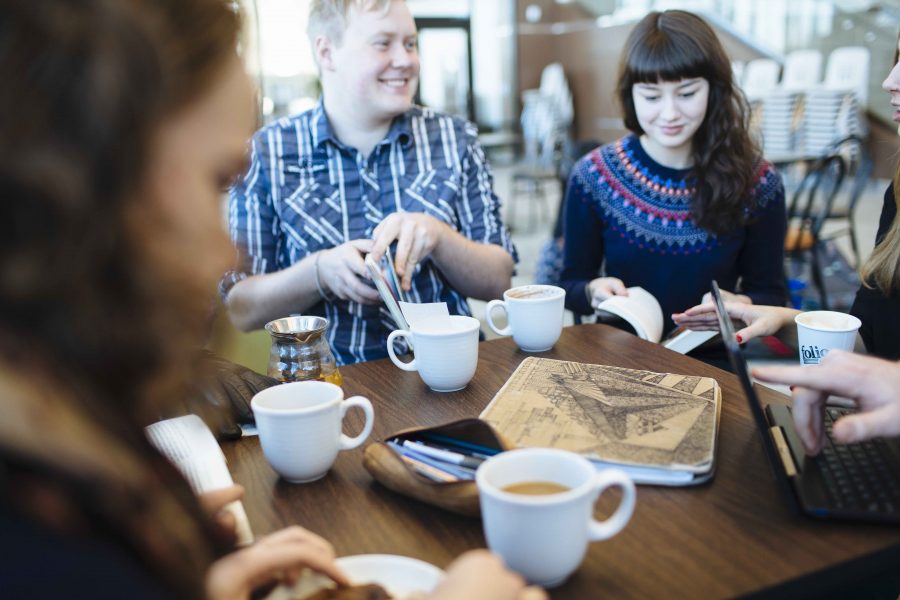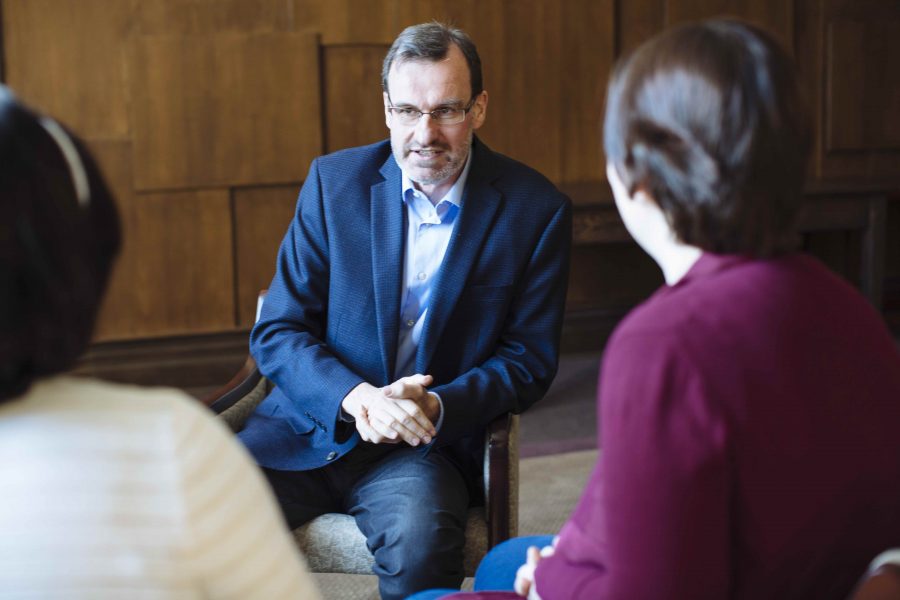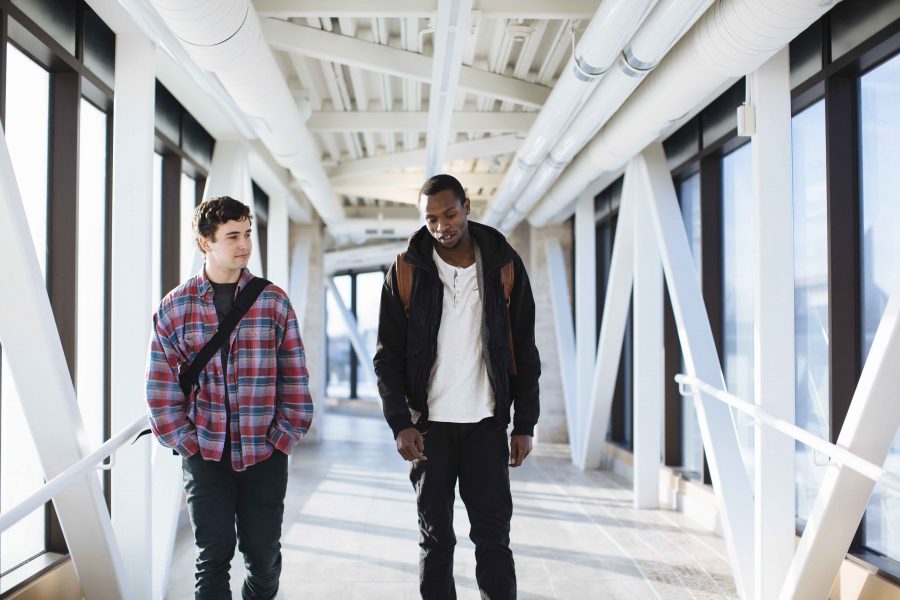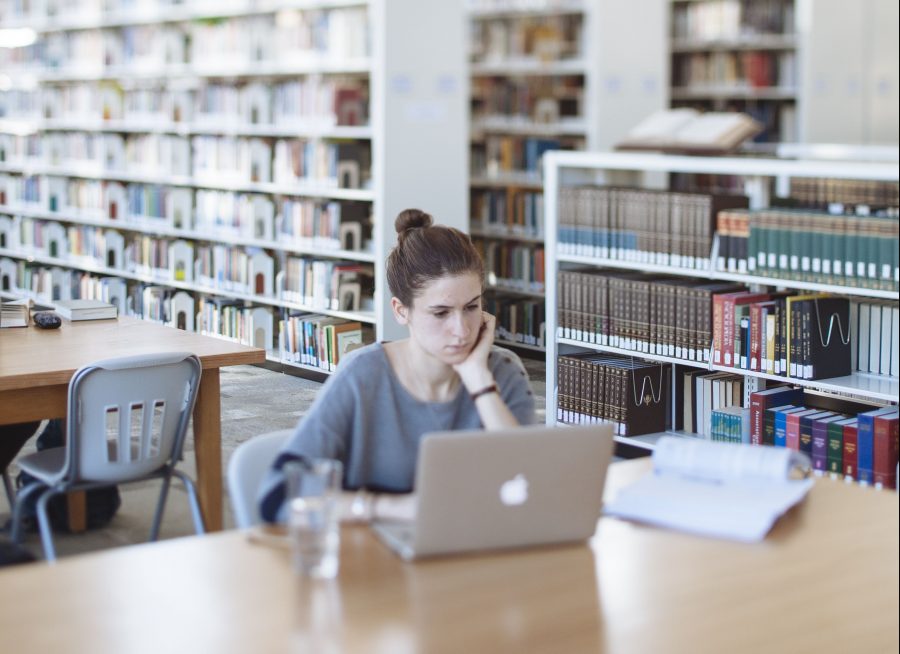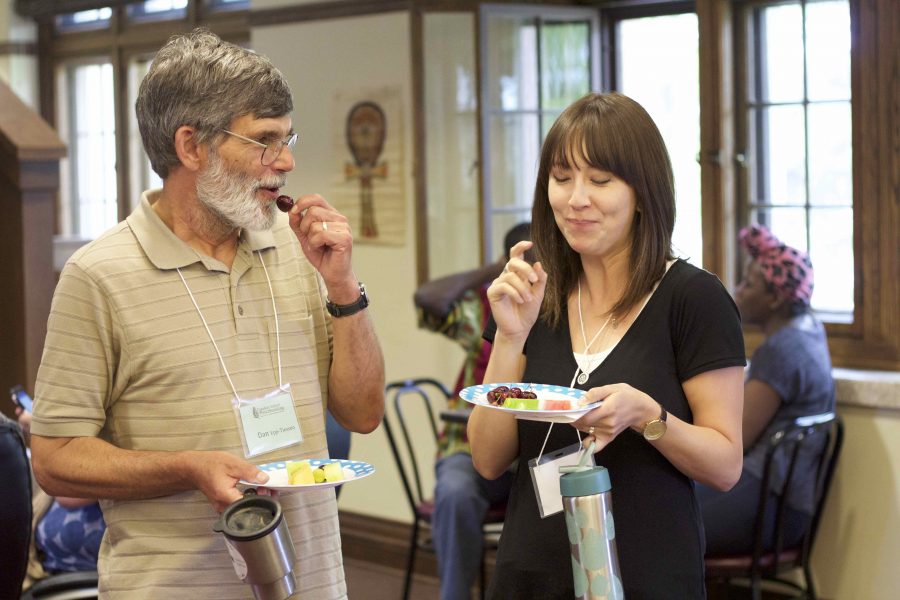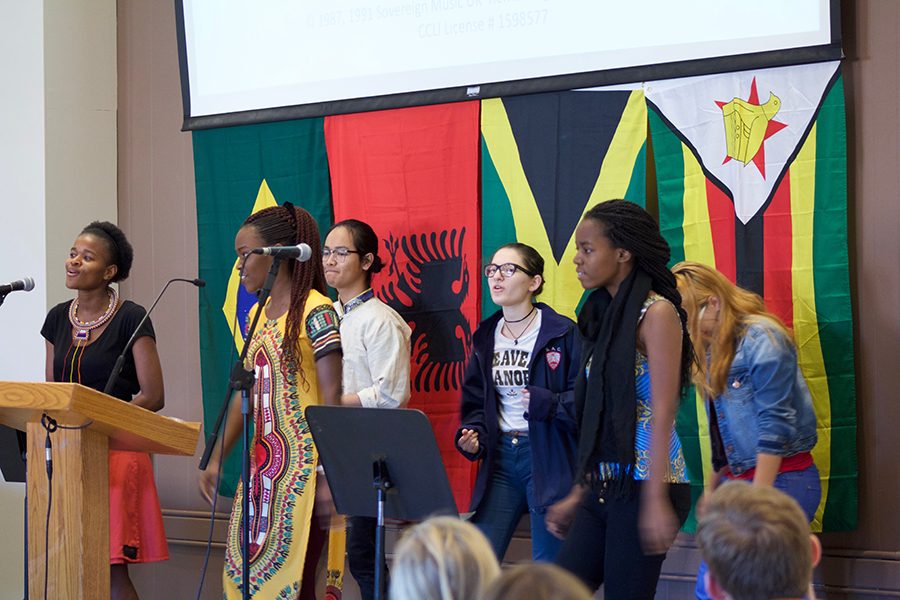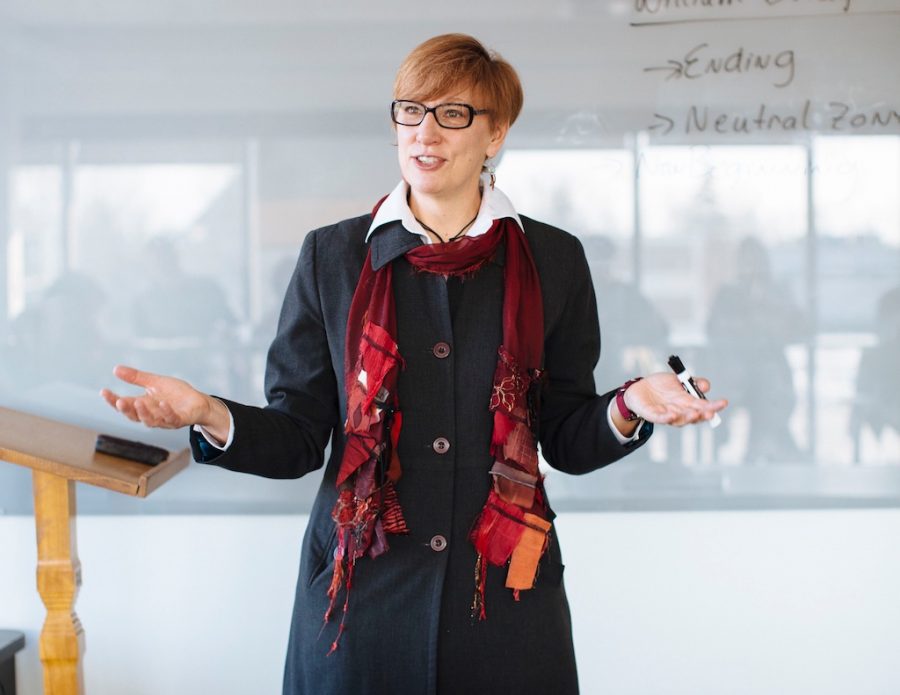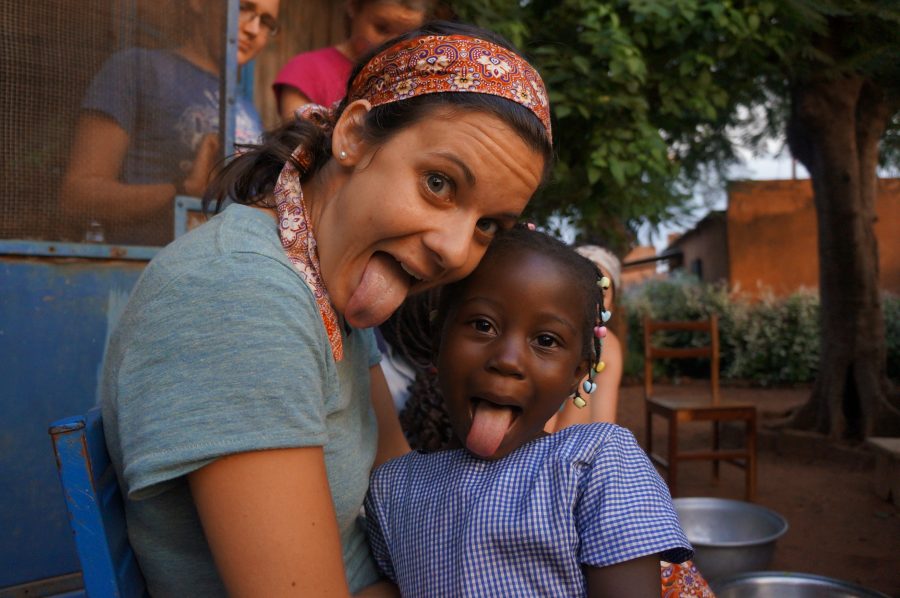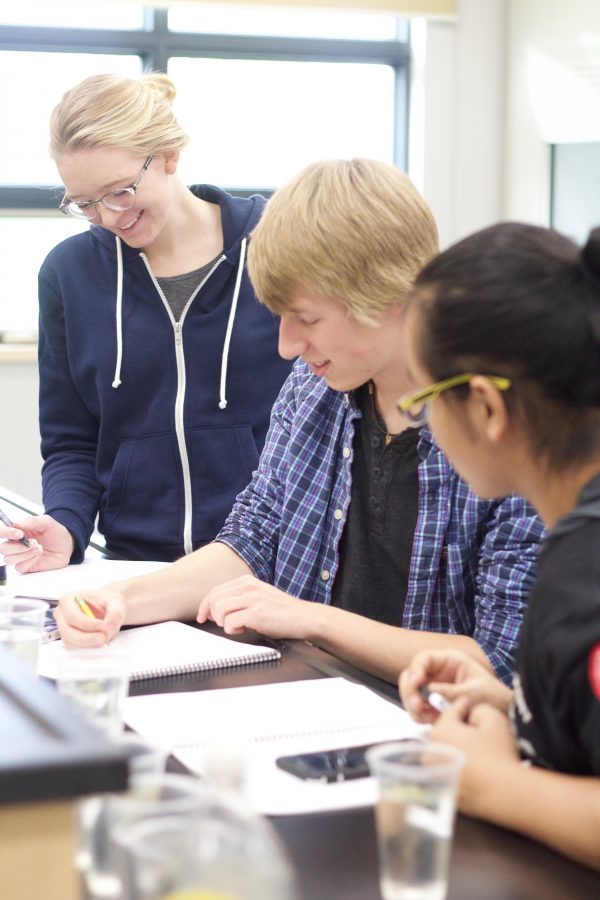I’m uncomfortable with salvation. Not because it’s a bad concept. I’m uncomfortable because it’s at the root of Christian faith, but I don’t know how to talk about it. Salvation feels abstract and distant a lot of the time. I can say that it has something to do with sin, and something to do with Jesus, but then I get stuck.
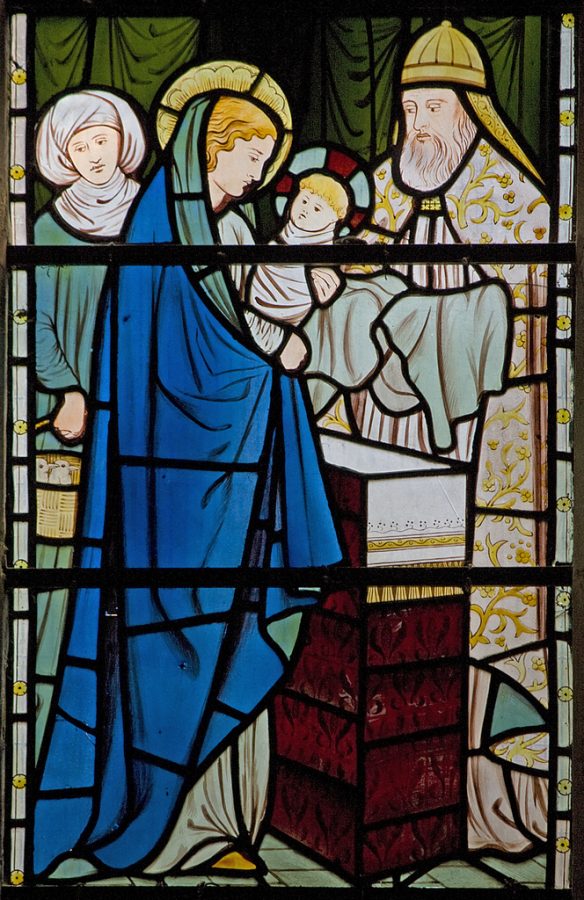
Photo: The presentation of Jesus in the Temple, by Lawrence OP
I learned early during my time at CMU that you need to define your terms before having a conversation. This is why I have such a hard time talking about salvation: I don’t know how to define or explain it.
Is God’s salvation in the birth of Christ?
In Jesus’ death?
Is it in the continual saving works of God?
As I muse over these questions, I’ve settled into the idea that salvation is acknowledging the presence and work of God in the world. A lot of my discomfort with salvation is when it’s simply equated with accepting Jesus into your heart and going to heaven when you die. There is more going on than that. When Simeon sees salvation in the temple (Luke 2), there is something tangible and active.
Seeing salvation acknowledges the presence of God in the world and trusts that God’s work of redemption is in progress. Simeon’s song looks at God’s mission of salvation for the whole world. Through healing of body, soul, and relationship, God invites us to see salvation in the midst of the broken world.
A few weeks ago, I was at the protest in support of Standing Rock in downtown Winnipeg. A group of students biked there together, meeting professors and others there. We began by standing alongside the road, calling, “Water is life!” Eventually the intersection was closed off, and we walked into the middle of the road at rush hour. The intersection was dark, the sounds of the street were distant, and there was a sense of communal adrenaline. It was here that I prayed for God’s salvation.
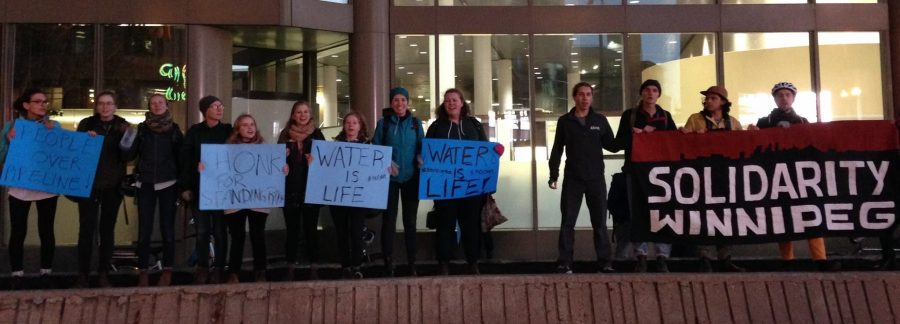
CMU students at Portage and Main
Although this was a hopeful event, I was struck by the brokenness of the world. Despite the energy and passion, when I was standing in the dead intersection, it felt hopeless. Any effort that we tried would be shut down, and the powers of the world were winning.
Here I prayed that Jesus would come and set things right, mending the effects of sin on our tired bodies and aching souls. I prayed for light and peace and hope. Wondering what would happen next, I realized that I was standing at the corner because I have seen God’s salvation.
I believe that God has, and continues to, redeem and heal the world. If we believe that, we must join in with God and show that we have seen God’s salvation in Christ. As the people of God, we are to join in God’s mission of redeeming the world, whether that’s in the middle of an intersection, at the lunch table, or in the classroom.
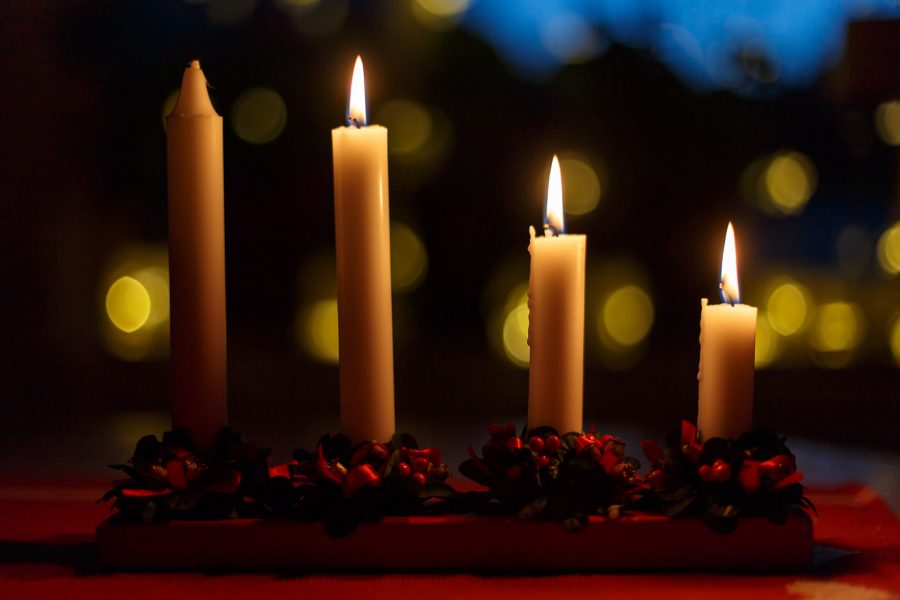
Photo: Bjorklund Jakob
This moment, standing in the middle of Portage and Main, has become my image for Advent this year.
Waiting expectantly for something to change.
Waiting for the birth of the one who is light.
Waiting for the end of suffering and injustice.
Waiting for the in-breaking of love.
But while I wait, I remember that Christ is alive,
Our salvation is here,
The light has come.
We wait expectantly for Jesus, who invites us to see the world in a new way. At the same time, we remember God’s faithfulness and proclaim God’s mercy, for we have seen the salvation of God!
Laura


